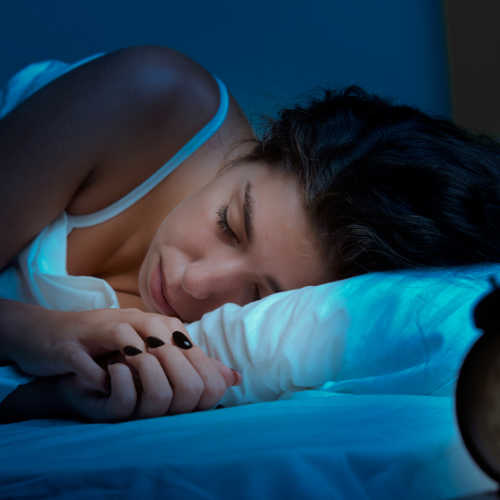 Sleep is one thing you probably wish you got more of, something that is stretched way too thin considering our busy lives between work, family, and other personal commitments. We have long since understood that sleep is a vital element to our health, ranking as high as air, water, and food. We even spend one-third of our lives sleeping. However, why is it that, despite knowing how important sleep is for our bodies, we continue pushing ourselves to the brink day after day?
Sleep is one thing you probably wish you got more of, something that is stretched way too thin considering our busy lives between work, family, and other personal commitments. We have long since understood that sleep is a vital element to our health, ranking as high as air, water, and food. We even spend one-third of our lives sleeping. However, why is it that, despite knowing how important sleep is for our bodies, we continue pushing ourselves to the brink day after day?
For starters, there are reasons why we are not sleeping enough. Technology, for one, was supposed to make our lives easier but instead, has interfered with our ability to fall asleep. The blue light that electronic screens emit interferes with our brain’s production of melatonin, which is our natural sleep hormone.
Lack of sleep not only increases your chance of an accident, affects your mood, or makes you feel tired, but also makes you more susceptible to developing heart disease, stroke, high blood pressure, and other health conditions. It seems as though our society is facing an epidemic. Not to mention, sleep disorders are on the rise, affecting nearly 70 million Americans, many who are being treated with medication as a quick solution to their restless nights. Worse yet, sleep disorders are often undiagnosed.
Identifying and treating sleep disorders is one of the simplest ways you can improve your health. Many people hear the term sleep apnea and think of their grandpa snoring. Although snoring is a common symptom of sleep apnea, it is not the only sign that you may suffer from a sleep disorder.
There are certainly obvious measures you can take to help improve your sleep hygiene, such as avoiding caffeine or large meals too close to bedtime. Also, keep electronic devices out of the bedroom to avoid exposure to blue light too close to sleeping, and keep the same sleep and wake time, even on weekends.
If you have tried these tips in efforts to improving your sleep, yet to no avail, consider a sleep test. Your dentist may even be able to help diagnose your sleep disorder and help design a treatment plan to help you on the path to better sleep at night.

